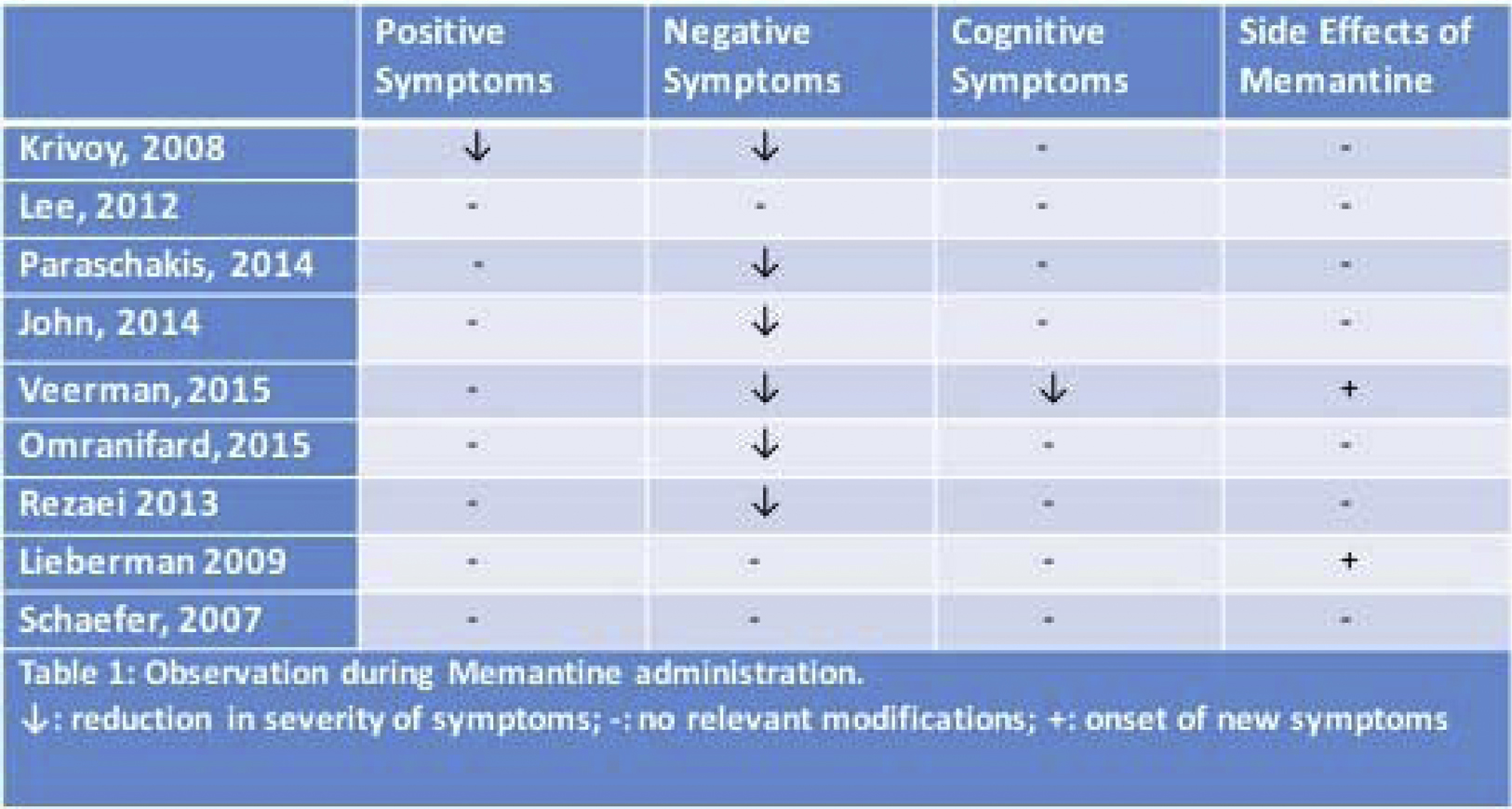Most cited
This page lists all time most cited articles for this title. Please use the publication date filters on the left if you would like to restrict this list to recently published content, for example to articles published in the last three years. The number of times each article was cited is displayed to the right of its title and can be clicked to access a list of all titles this article has been cited by.
- Cited by 1
Prevalence and predictors of metabolic syndrome in a sample of Italian psychiatric inpatients
-
- Published online by Cambridge University Press:
- 23 March 2020, p. S472
-
- Article
-
- You have access
- Export citation
- Cited by 1
P-1400 - Psychosocial Distress as a Risk Factor of Ischemic Heart Disease Mortality
-
- Published online by Cambridge University Press:
- 15 April 2020, p. 1
-
- Article
-
- You have access
- Export citation
- Cited by 1
Elderly: Coping with sleep disorders
-
- Published online by Cambridge University Press:
- 13 August 2021, p. S556
-
- Article
-
- You have access
- Open access
- Export citation
- Cited by 1
Quantitative EEG after activation methods in chronic patients with alcohol dependence
-
- Published online by Cambridge University Press:
- 16 April 2020, p. S186
-
- Article
-
- You have access
- Export citation
- Cited by 1
Attitudes and experiences to the implementation of the Mental Health Act 2001
-
- Published online by Cambridge University Press:
- 16 April 2020, p. 755
-
- Article
-
- You have access
- Export citation
- Cited by 1
Images and Attitudes Towards Psychiatry and Mental Illness: Mental Illness as Metaphor
-
- Published online by Cambridge University Press:
- 16 April 2020, p. 113s
-
- Article
-
- You have access
- Export citation
- Cited by 1
Counterfactual thinking in schizophrenia patients
-
- Published online by Cambridge University Press:
- 16 April 2020, p. 413
-
- Article
-
- You have access
- Export citation
- Cited by 1
PW01-106 - Evaluation Of The Effect Of Religiosity On Mental Health Of Nursing Students In Northern Greece
-
- Published online by Cambridge University Press:
- 17 April 2020, 25-E1502
-
- Article
-
- You have access
- Export citation
- Cited by 1
Treatment duration of psychiatric disorders: long-term treatment of resistant schizophrenia
-
- Published online by Cambridge University Press:
- 16 April 2020, pp. 281-283
-
- Article
- Export citation
- Cited by 1
Emigration intentionality among Tunisian interns and residents in medicine
-
- Published online by Cambridge University Press:
- 01 September 2022, p. S217
-
- Article
-
- You have access
- Open access
- Export citation
- Cited by 1
EPA-1435 - Add-on Clinical Effects of Simvastatin and Ondansetron in Patients with Schizophrenia Stabilized on Antipsychotic Treatment: Pilot study
-
- Published online by Cambridge University Press:
- 15 April 2020, p. 1
-
- Article
-
- You have access
- Export citation
- Cited by 1
P0108 - Bipolar disorder associated with paraneoplastic cerebellar degeneration
-
- Published online by Cambridge University Press:
- 16 April 2020, p. S224
-
- Article
-
- You have access
- Export citation
- Cited by 1
Efficacy of memantine in schizophrenic patients: A systematic review
-
- Published online by Cambridge University Press:
- 23 March 2020, p. s824
-
- Article
-
- You have access
- Export citation
- Cited by 1
Effect of Anti-inflammatory Treatment On Depression, Depressive Symptoms and Side Effects: a Systematic Review and Meta-analysis of Randomized Clinical Trials
-
- Published online by Cambridge University Press:
- 15 April 2020, p. 1
-
- Article
-
- You have access
- Export citation
- Cited by 1
Obsessional Symptoms in Patients with Eating Disorders and their Relationship To Outcome
-
- Published online by Cambridge University Press:
- 16 April 2020, p. 301s
-
- Article
-
- You have access
- Export citation
- Cited by 1
O-66 - Association Between Tyrosine Hydroxylase Gene Polymorphism and Susceptibility to Early-onset Schizophrenia in the Chinese Population
-
- Published online by Cambridge University Press:
- 15 April 2020, p. 1
-
- Article
-
- You have access
- Export citation
- Cited by 1
Assessing Comorbidities and service use among patients with benzodiazepine abuse
-
- Published online by Cambridge University Press:
- 23 March 2020, p. S294
-
- Article
-
- You have access
- Export citation
- Cited by 1
Risk factors of problematic video game use among teenagers in Sfax
-
- Published online by Cambridge University Press:
- 23 March 2020, p. S453
-
- Article
-
- You have access
- Export citation
- Cited by 1
Early Identification of Language and Behavioral Deficits for Psycho-educational Intervention as a Public Policy
-
- Published online by Cambridge University Press:
- 23 March 2020, pp. S438-S439
-
- Article
-
- You have access
- Export citation
- Cited by 1
BIG LITTLE THIEFS - Kleptomania Treatment
-
- Published online by Cambridge University Press:
- 01 September 2022, p. S878
-
- Article
-
- You have access
- Open access
- Export citation


